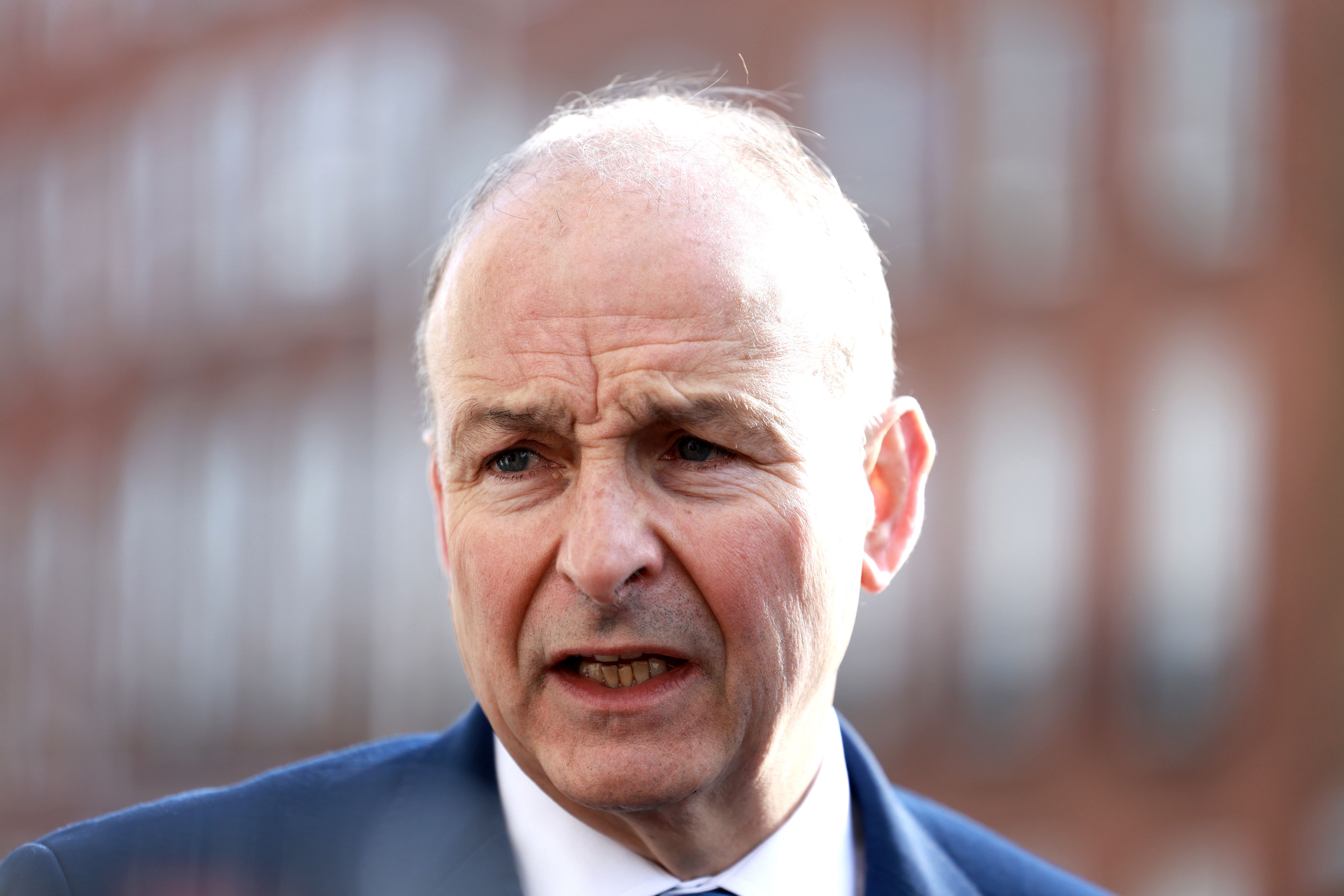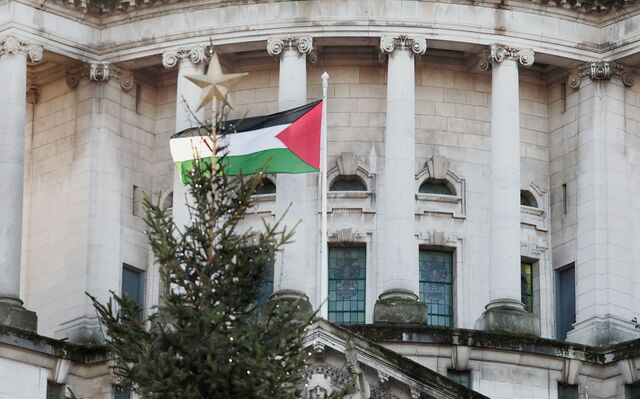IT’S unlikely that former government colleagues Leo Varadkar and Micheál Martin are engaged in an act of good cop, bad cop choreography when it comes to their respective takes on the constitutional future of this island, no matter how devoutly we might wish that to be the case.
Mr Martin’s exhausted clichés about a shared island and his toe-curlingly unctuous banalities about unification of people having to come before unification of the land were hard to listen to, particularly at this time of year. He fails – or refuses – to acknowledge or accept the central truth of this line of argument, which is this: Just as no-one ever asked for feelings of the non-unionist people of these six counties to be taken into consideration before the island was violently partitioned, no-one – least of all the Taoiseach – views concrete expressions of the thoughts and sentiments of Irish citizens to be a sine qua non of the continued union. That is to say, a united Ireland can only come about when and if the unionist people of the north-east are reconciled to it, but the union will be maintained while those opposed to it every day see the expression of their identity and their culture battered and derided by both state and non-state bodies and individuals.
To be anti-partition in the current environment is to live with a constant caterwauling in the ears every time an attempt is made to even up the grotesque imbalance of respect that has been a feature of the North since it was hived off in a cynical sectarian headcount. Mr Martin would struggle were he to be asked whether he feels that the same consideration that he is demanding for unionists has been or is being shown to non-unionists.
The depressing truth is that Mr Martin clearly doesn’t care about the national question one way or another. So wired in has he become over his long decades in politics to the exigencies and requirements of the South’s combative electoral realities that he will take any position on any day that he believes will benefit him and his party in terms of image and votes. And so rather than whimper in disappointment at his latest thoughts on the matter, we await the changed circumstances that will inevitably see him turn from John Redmond to John Devoy.
Mr Varadkar, meanwhile, is rather more difficult to read. His surprise donning of the mantle of Plunkett, Pearse and Tone makes sense in terms of his new post-diplomacy life and a large chunk of it can only be seen as opportunistic and cynical, particularly given his record while actually in a position to do something about the border. But there is too an undeniable degree of energy and passion in his new position that can only come from conviction.
And so while it is right to view Mr Varadkar’s new persona with a certain degree of caution, we should also be aware that he cuts a substantial figure on the world stage and can bring a ver considerable amount of heft to the unity movement in the United States and in Europe.







